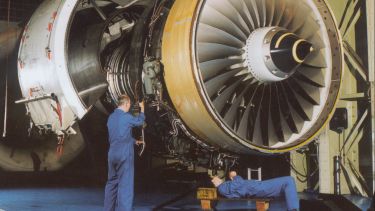Research themes
Our world-class research provides solutions that have a positive impact on the world ranging from improving the flow of data via wireless communications, renewable energy production and storage, improved efficiency and accuracy of manufacturing and the electrification of transport.
Working with industry
Our long-standing and excellent reputation allows us to develop strong links with industry and create partnerships for research collaboration.





